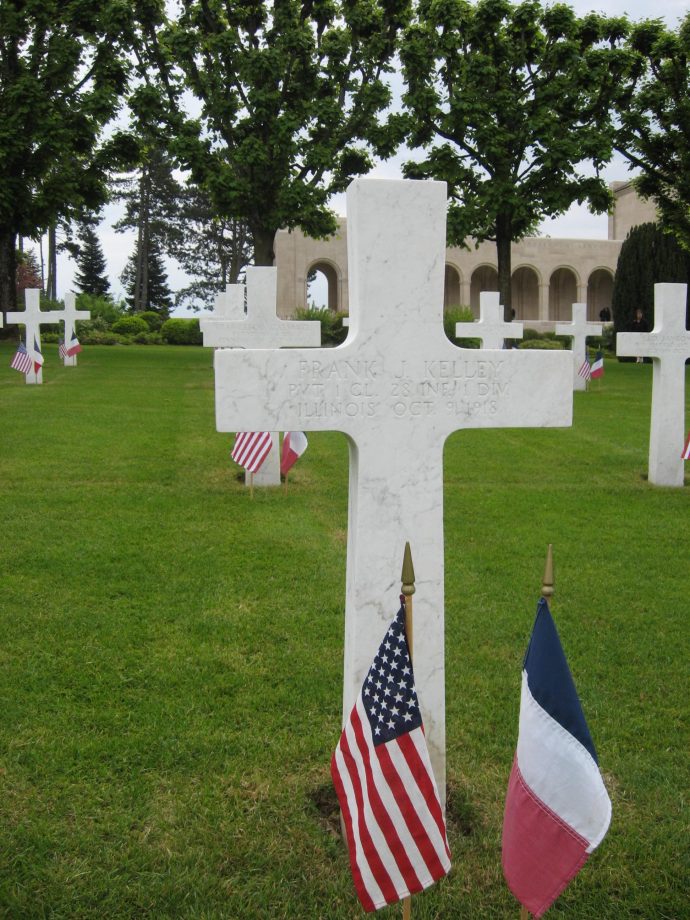Here is Kelly Scott Franklin writing at Public Discourse:
As we approach Memorial Day, we have an opportunity to reflect on how and why we remember the dead. Walt Whitman tried to restore individuality, dignity, and personhood to those “hundreds, thousands obliterated” by the violence of war.
You never forget a pile of amputated limbs. Or, at least, Walt Whitman never did.
This grisly sign of war was one of the first sights that greeted Whitman in 1862, when he went to the Civil War battlefield at Fredericksburg, to look for his wounded brother George. As he later recounted it, he saw “a heap of amputated feet, legs, arms, hands, &c.,” a pile so large he described it as “a full load for a one-horse cart.”
For Whitman, this heap of limbs became a representative image of the Civil War, which he imagined as unnaturally cutting off states from the nation. Indeed, the fragmented republic and its piecemeal human bodies weighed heavily upon Whitman, who carried with him the memories of countless amputations and deaths he had seen while volunteering in the military hospitals.
As we approach Memorial Day, a day whose origins lie in the American Civil War, we have an opportunity to reflect on how and why we remember the dead. Walt Whitman offers us his own answer, emerging from his own confrontation with the terrible violence and the human cost of war. For Whitman, memorializing the war in his writing allows him to both recall and “re-member” the broken bodies of the fallen—and in doing so, to act out a kind of healing for them and for their country.
Restoring the Dignity of the Dead
In his writings during and after the Civil War, Whitman recalls the experiences of wounded and dying soldiers in order to restore their dignity and individuality. The massive scale and chaotic nature of the war made accurate record-keeping next to impossible. Countless men suffered and died anonymously, hastily carved up in field hospitals or tumbled into mass graves near the site of battle. By imaginatively recalling the individual experiences of the soldiers in his writing, Whitman could symbolically speak for the many sufferings that would otherwise remain forgotten and untold.
Read more: Public Discourse
Image credit: One headstone, up close, at the largest American Military Cemetery in Europe, the Meuse-Argonne American Cemetery and Memorial / Photo taken Memorial Day Weekend 2008 by John Biver.

